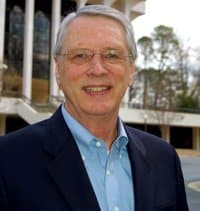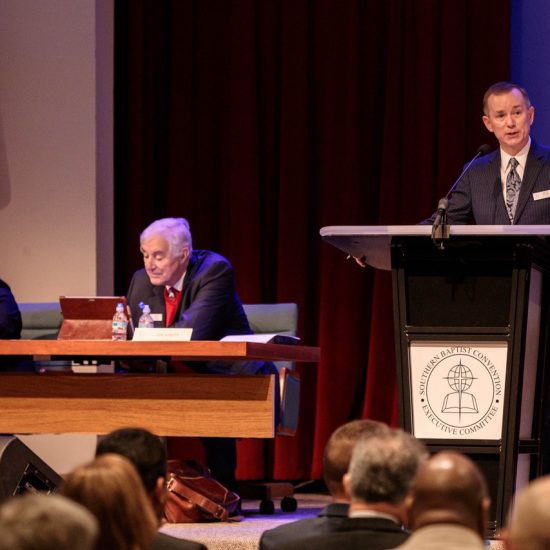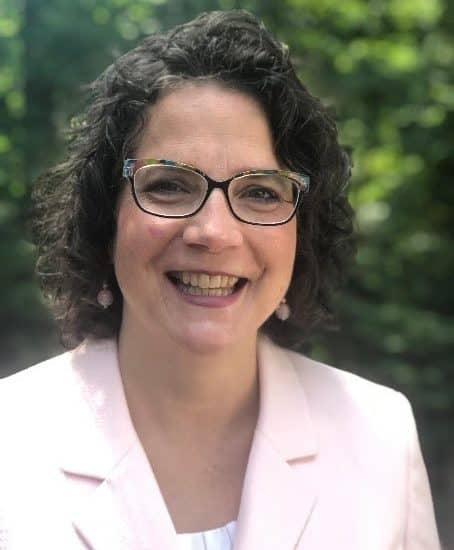For former Cooperative Baptist Fellowship leader Daniel Vestal, understanding what it means to be “missional” begins with two phrases: “Christ is in me. Christ is in us.”

Daniel Vestal
|
“If you really believe that, that will change how you see the church,” Vestal said in a sermon video from “It’s Time,” at eight-week study produced by the CBF.
“You will no longer see the church primarily in denominational or organizational or institutional terms. You will now begin to see the church as the living, mystical body of Jesus Christ.”
The resource, subtitled “A Journey Toward Missional Faithfulness,” has been used widely to help CBF churches and individuals refocus priorities from attracting a crowd to ministering to the lost and empowering and utilizing the gifts and passions of church members.
Recently the Fellowship received a $250,000 grant from the Waco-based Christ Is Our Salvation Foundation for resource development, including “Dawnings: Welcoming a New Day in Your Church’s Missional Journey.” It is designed for congregations that completed the earlier study and are looking for ways to deepen and enrich the experience.
“The missional journey is not a program to be the presence of Christ,” said Bo Prosser, CBF missional-congregations coordinator. “The missional journey is about a passion to continue being the presence of Christ.”
Vestal, who retired in June and now leads Mercer University’s new Eula Mae and John Baugh Center for Baptist Leadership, describes “being the presence of Christ” as the essence of Christian discipleship.
“As Christ was an incarnation of the Father, we are a continuing incarnation of the Son through the Spirit,” he said in the sermon DVD. “The ministry of Christ during his earthly life is now continued through us as individual members of his body and as his body together.”
Christianity that embodies the teachings of Jesus will have several characteristics, he noted.
• “As Christ’s continuing presence, we pray in solitude,” Vestal said. “Whatever else you say about Jesus, he was a person of prayer. He spent a great deal of his life in prayer. … If we are to be a continuing incarnation of Jesus in the world, we must learn to pray.”
• “We practice solidarity with one another.” One of the most controversial aspects of Jesus’ earthly ministry how he transgressed social conventions of the day in ways like eating with sinners and his treatment of women, he added.
“For Jesus, people were more important than institutions,” Vestal said. “He had great compassion and great love. He himself lived in a community, in a group in which he invested himself and poured out his life.”
• “We build bridges.”
“We break down barriers whenever and wherever possible,” Vestal said. “We nurture community. We are peacemakers. We do not live in isolation in our own little world.”
• “We perform signs of the kingdom.” Vestal read from Luke Chapter 7, where an imprisoned John the Baptist sends messengers to ask Jesus if he is the prophesied messiah or they should expect someone else. Jesus told them to report to John: “The blind receive sight, the lame walk, those who have leprosy are cured, the deaf hear, the dead are raised, and the good news is preached to the poor.”
Similarly, when Christ’s followers take up that mantle, “People see the evidence of God’s kingdom,” Vestal said.
“When individuals and churches bring healing and hope and health to hurting people, these are signs of the kingdom,” he said.
• “We proclaim salvation found in Jesus Christ.” Vestal said that means more than just walking the aisle.
“Salvation does mean forgiveness of our sins and a personal relationship with God through Jesus Christ, but salvation also means the transformation of character and the transformation of culture into a just society,” he said.
“Salvation means reconciliation between individuals and God, between individuals and other individuals, between individuals and creation. Salvation means the kingdom of God on earth as it is in heaven.”
• “We partake of the suffering of the world.” Vestal said. Today, “the acid test of the Christian faith” may well center around the question, “What will we do with suffering?”
Vestal described the growing disparity between the rich and the poor as “unconscionable” to followers of Christ and termed global poverty “the moral issue of our day.”
“We will partake of the sufferings of this world only when we are willing to make some changes,” Vestal said. “The Bible calls that repentance.”




